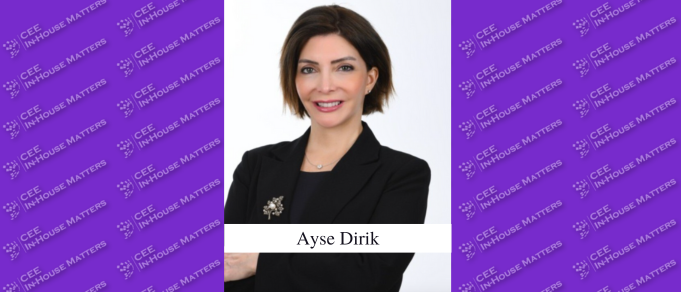In Austria, economic challenges confronting businesses keep lawyers busy, according to Fellner Wratzfeld & Partner Partner Florian Kranebitter. Financial difficulties, compounded by post-COVID-19 financial strains and challenges in the supply chain are at the top of the agenda alongside a drive to nurture startups and an increasing emphasis on sustainability.
"What is keeping lawyers in Austria particularly busy at the moment are the economic challenges faced by companies," Kranebitter says. "The activity is primarily in M&A, finance, and restructuring, also driven by the abundance of distressed assets. Companies in trouble or those looking to capitalize on others' difficulties are generating a significant workload for legal professionals."
A prominent case, according to Kranebitter, is the collapse of the Signa real estate group, "one of the largest cases ever seen in the real estate market. Signa's situation is expected to introduce numerous acquisition opportunities over the coming months." Simultaneously, he notes, "it is reminiscent of past cases like Alpine over 11 years ago, where insolvency claims are still being traded."
"In terms of M&A activity, we've seen an increase in cross-border transactions compared to previous years," Kranebitter continues. "This trend is also driven by companies' efforts to consolidate their private capital, especially as traditional financing options have become expensive as well as to overcome supply chain issues. There's significant consolidation happening across Europe, fueled by a desire for optimization. On the other hand, many companies seek also diversification to leverage business opportunities and minimize their risk profile."
According to Kranebitter, post-COVID-19 challenges persist even now. "Many companies are struggling now that COVID-19 subsidies and tax exemptions have ended, creating significant financial difficulties," he stresses. "Government-led financing efforts have been above average in Austria compared to many other countries which now leads to major refinancing needs, such as major bond issuances by the Austrian government and we anticipate more such issues in the near future."
Sustainability and ESG generally also continue to be the areas of focus, Kranebitter adds. "This trend is particularly strong in Europe and notably in Austria, where I believe we're significantly ahead of many other areas of the world in integrating these principles. which also will bring competitive advantages in the long run if we continue to put efforts into it. We anticipate that uncertainties surrounding ESG in supply chains will continue to diminish as demand grows and pressures increase. Customers are driving the push for sustainability, expecting companies to meet standards above mandatory law which puts additional challenges to the legal profession in advising clients."
In terms of legislation, "Austria, like many countries, is working to become more appealing to start-ups," Kranebitter points out. "A notable example is the introduction of a new corporate form, the 'Flexible Company,' starting January 2024. One key advantage is the ability to issue enterprise shares, which are non-voting and designed to be tax-efficient." However, he notes that "despite these efforts, many start-ups leave Austria once they grow beyond a certain size. Additionally, there is a reluctance to be the first to adopt this new structure. Out of approximately 2,000 new foundations since January, only 100 have opted for the new form, but we expect this might change in the near future."
Looking ahead, "we have elections at the federal level upcoming end of September in Austria, and we anticipate that the trend we've seen in Europe might negatively impact Austria as well," Kranebitter notes. Addressing some key concerns for enabling transactions and promoting Austria as an attractive location, Kranebitter highlights that "the government should focus on ensuring optimal framework conditions, especially in the area of compliance. Length of proceedings and predictability in the area of compliance are deal promoters or deal killers."

















